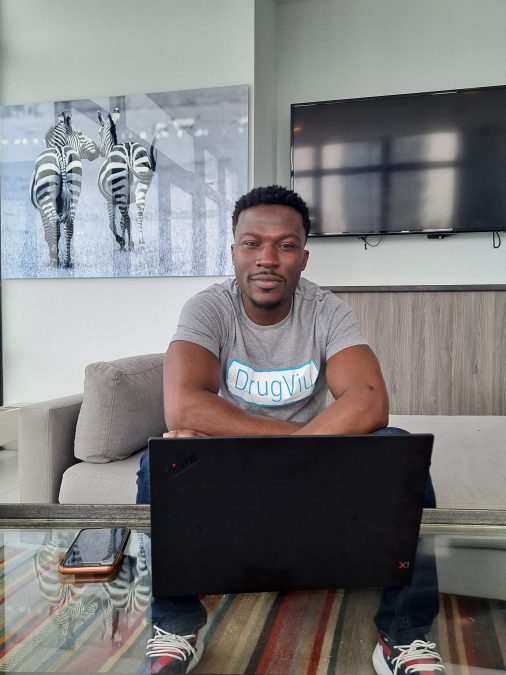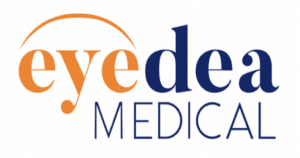
DrugViu to Relocate and Expand Operations in Northern Virginia
Launched in New York, two-year-old data science company DrugViu, which has created a comprehensive and diverse Real-World Evidence Platform for immunological research, will relocate its headquarters to Northern Virginia.
The company, which was founded in 2019 by Kwaku Owusu and Melanie Igwe, has not yet decided upon a permanent site for its new headquarters, but Owusu said the company is looking in Alexandria and Arlington for its new home. The company currently has six full-time employees and numerous interns, but once DrugViu puts down roots in Virginia, Owusu said the company will begin to hire additional staff as it continues to scale.
DrugViu created its platform to address the problem of underrepresentation in clinical research. Its primary focus, as of now, is autoimmune diseases, ranging from the rarest, such as Asherson’s syndrome, which is characterized by rapidly progressive blood clots across multiple organs, to more common issues, such as psoriasis. DrugViu initially began with a broader focus for its platform, but most of the users who became engaged with their software were patients with autoimmune diseases. That shifted the company’s focus to that space, Owusu said.
The company acquires permission from patients who are being treated for various autoimmune diseases to acquire their medical records, “find, de-identify, anonymize and standardize” the records, then make them available to researchers who are working on therapies for these indications.
Owusu said the platform provides real-world evidence to researchers about various treatment options that are currently being used on these patients. He said the patient-reported outcome is added into the company’s database where machine learning is applied. The patient could then be matched to an ongoing clinical study, or researchers could use the data in other ways to advance an understanding of disease treatment.

“We want to make research more inclusive in order to have a balanced patient population,” Owusu said.
There has been a recognized need to improve diversity in clinical studies. For the most part, most clinical studies lack significant representation from minority groups and the DrugViu program is a way to address that need. It is estimated that only 6% of medical research involves non-white populations. And that’s in sharp contrast to the total population in the United States.
According to Census data, about 40% of the population is identified as a racial or ethnic minority. That means, there is not enough data to indicate how well some medications will work in minority patients. Owusu explained that a more diverse clinical research population provides stronger data and more equitable outcomes for pharmaceutical companies. He added the company’s platform is inclusive to all races as part of an effort to reflect the current U.S. population.
“We have a mission to ensure that the data is inclusive and representative. We have a diverse user population and we’re sending them into clinical research,” Owusu said.
In autoimmune disease, DrugViu has seen significant activity in four different areas, neurology, dermatology, gastrointestinal issues and rheumatology. In the neurology space, multiple sclerosis is the most common disorder, while psoriasis and atopic dermatitis are the primary areas in dermatology. In rheumatology, lupus and arthritis are the primary areas of focus, while Crohn’s disease and ulcerative colitis are the biggest areas for gastrointestinal autoimmune disorders.
So far, approximately 7,000 people have signed up to be assessed by DrugViu. Owusu said he hopes to have at least 10 times that many people by the end of 2021. His goal is between 75,000 and 100,000 people using the platform. Plans to scale during 2020 were hampered by COVID-19, he noted.
The move to Virginia provides multiple opportunities for growth, Owusu said. Not only will the relocation place the company close to its largest investor, more importantly, it will also bring DrugViu closer to patient advocacy organizations and clinical researchers who are heavily clustered in the BioHealth Capital Region.
“Location matters in biotech,” Owusu said.
Once a site has been found in Virginia, Owusu said they not only expect to see a scale-up in employees, he said they also anticipate growing the patient advocacy side of their business. This will mean more face-to-face meetings with advocacy organizations, as well as the National Institutes of Health.





